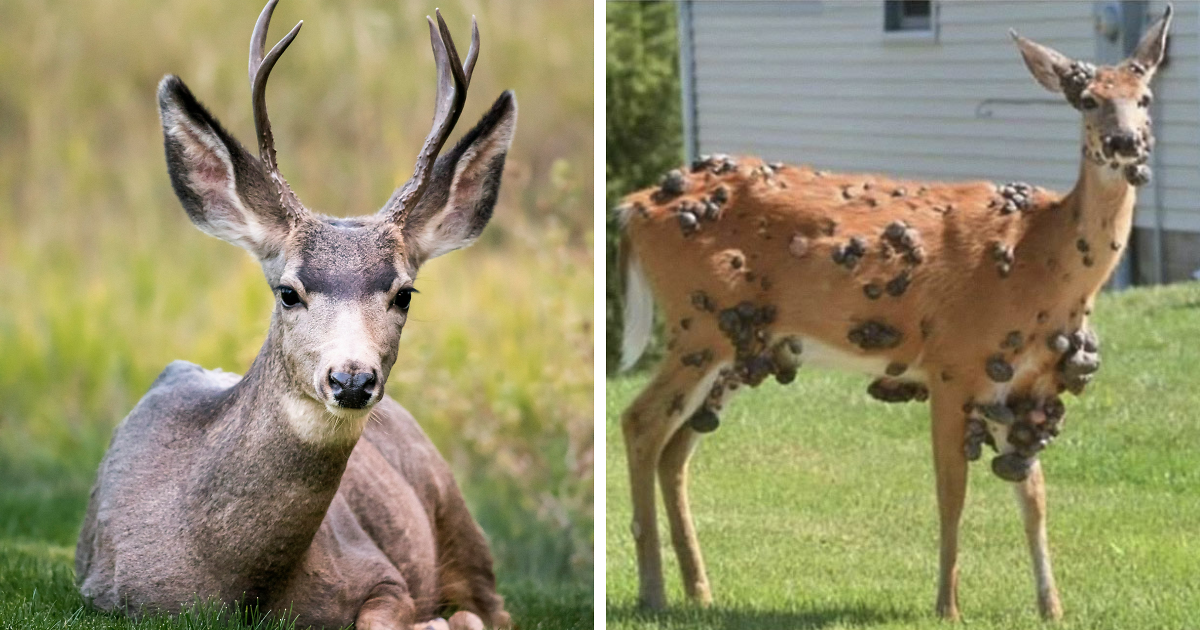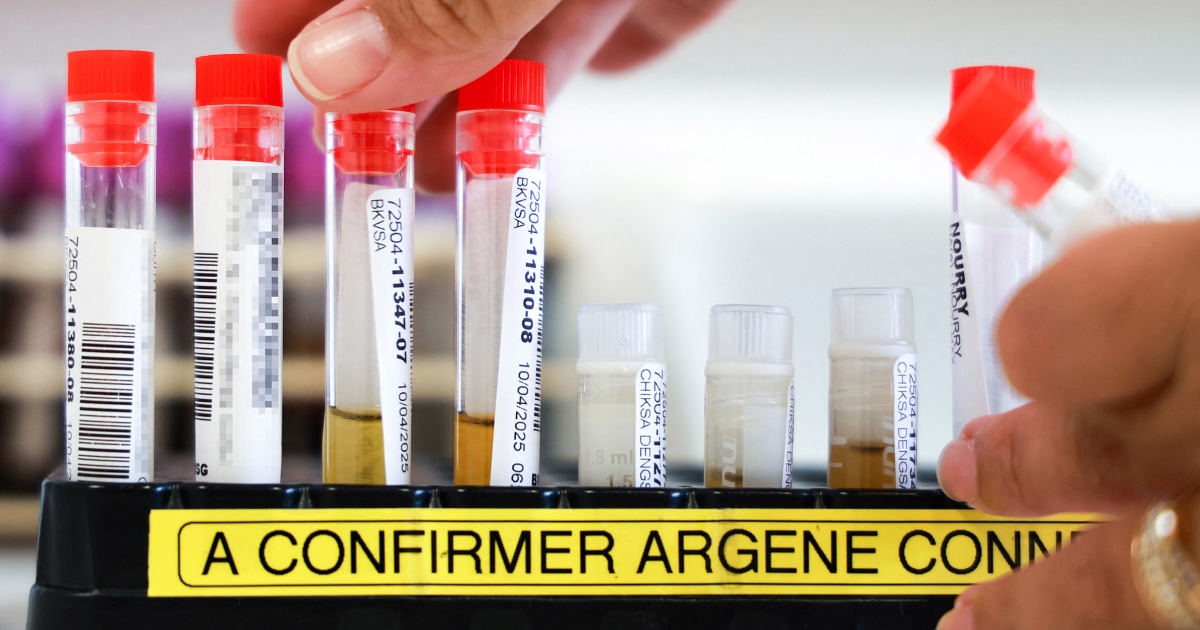Zombie Deer Disease Returns in the South: CWD Triggers Emergency Response

Zombie Deer Disease Returns in Southern State
Authorities have confirmed new cases of "zombie deer disease," scientifically known as chronic wasting disease (CWD), in a southern state, triggering an emergency response plan. This fatal neurological disease affects deer and related species, causing symptoms such as drastic weight loss, stumbling, drooling, and a lack of fear toward humans. The disease is caused by prions—misfolded proteins that damage brain tissue over time.
Understanding Chronic Wasting Disease
CWD is contagious among cervids through direct contact or contaminated environments. Infected animals can shed prions in saliva, urine, and feces, leading to environmental persistence for years. Symptoms may take months or years to manifest, making early detection difficult. Once infected, the disease is always fatal, with no current treatment or vaccine available.
Implications and Response Efforts
With CWD spreading across many U.S. states, wildlife officials are intensifying surveillance and containment efforts to protect both wild populations and public health. While no human infections have been confirmed, hunters are advised to avoid consuming meat from infected animals. This renewed outbreak underscores the need for vigilant monitoring and research to manage this growing threat.


















